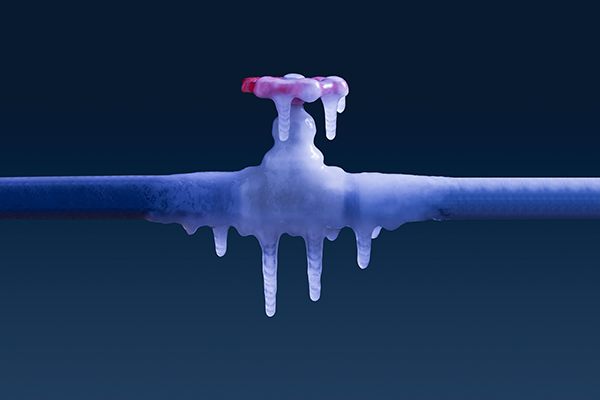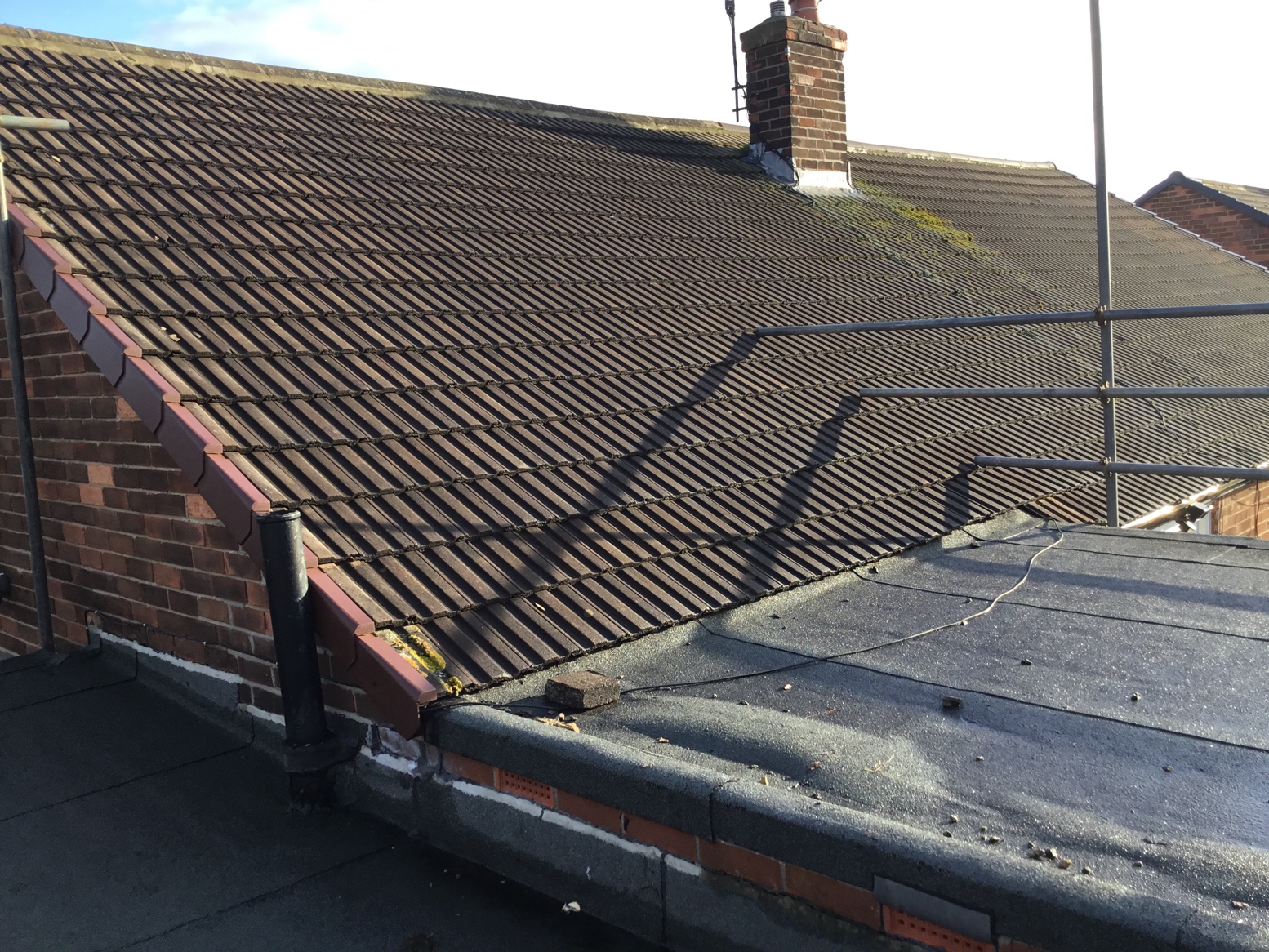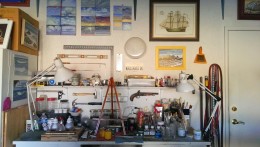
Winter is one of the most difficult seasons to manage in and around the home. Naturally, we rely on central heating to keep us warm, but there is always a chance the boiler may break down to leave us stuck without any heating.
If you are dealing with frozen drain pipes, this can only make the situation worse. The good news is there are some things you can do to stop them icing up. Below are some ideas on how to prevent drain pipes freezing over without the heating on.
How to stop drain pipes from freezing
If your boiler has broken down and you have no central heating, you may start to worry about your drain pipes if the temperature is zero Celsius or below. Try some of the following suggestions which may be able to help:
-
Close external doors
Keeping the garage door closed will help maintain an even temperature in and around the space. This is especially true if you have any water pipes running through it, which could be susceptible to freezing over.
-
Keep cabinet doors open
Even if you don’t have the heating on, the ambient temperature inside the house will be warmer than temperatures outside. Opening the kitchen cabinets where water pipes run through will allow warmer air to circulate in and around the plumbing.
-
Let the sun into the house
Even during the winter the sun makes an appearance in the sky. By opening curtains and blinds during the day, this will allow sunlight to come into the house, while also raising the temperature by a degree or two.
-
Drip some cold water
Let hot and cold water flow through any drain pipes that are exposed to the temperatures outside. Turing on the taps will help prevent them from freezing over. This is because residual heat from the water, picked up from the underground piping, can help stop the formation of ice.
-
Add more insulation
The reason the inside of our homes are warmer than outside, even without any heating, is due to the insulation built into the structure. A long term solution is to add even more insulation into basements and attics, while also stopping drafts by sealing cracks in walls, or in any openings around doors and windows.
What else can you do?
When your boiler is broken there are some additional steps that can help protect your drain pipes. First of all, turn off the water valve to stop water coming into the property. Open up any drain valves and taps so they can run until the pipes have been drained.
Flush the toilets, before pouring methylated spirit into the sinks and toilets to prevent any water in the traps from freezing over. You should never use car antifreeze as there is a chance it could contaminate the drinking water once the system is turned back on.
Any water that is left in an electric water heater will remain warm for 2-3 days after the heating has gone. This can also freeze over if exposed to low temperatures for too long, so remember to drain it after 2-3 days.
What to do if you have frozen drain pipes with no heating
If you have tried the suggestions above but the low temperatures are starting to freeze over your pipes, here are some ideas you can use to thaw them out:
-
Use boiling water
Fill up a kettle and bring it to the boil. Go to the affected pipe and wrap a towel around it. If the drain pipe is inside them place a bucket or something to capture liquid underneath. Then slowly pour the boiling water over the towel to help melt the ice in the pipe.
-
Apply a hairdryer
This would be used on a drain pipe found inside, as you will need to plug it in to work. Place a towel over the pipe and turn on the hairdryer to a low setting. Move it up and down the affected area to let the heat slowly absorb through into the ice.
How to stop frozen pipes affecting your boiler
One of the most common reasons for a boiler breakdown in the winter is a frozen condensate pipe. These small pipes are located outdoors and are connected to the boiler in the house. If these pipes freeze over then a build-up of condensate will develop in the pipe before reaching the boiler which will stop it from working.
Similar to dealing with a frozen drain pipe, you can also pour boiling water over the condensate pipe outside to help it thaw. Professional plumbers also recommend using a hot water bottle which can be pressed around the piping.
If all else fails…
Due to the age of the property, or continued exposure to extremely low temperatures, there are occasions when you will need to rely on a qualified professional. In that scenario, it is best to call a local plumber who can provide specific advice based on the condition of your system. If the heating is off for a long time do not wait too long to call someone who can fix it, so you can get back to normal as quickly as possible.
Author
Emergency drainage unblocking specialists and clearance company Quick Clear Drainage are based in London and operate around Hertfordshire, Essex, Berkshire, Kent and Surrey. They have an intermate knowledge of pipe work and use CCTV drain survey equipment to diagnose problems in any situation. Please do get in touch if you need any help from us at all.




 POSTED BY
POSTED BY 

